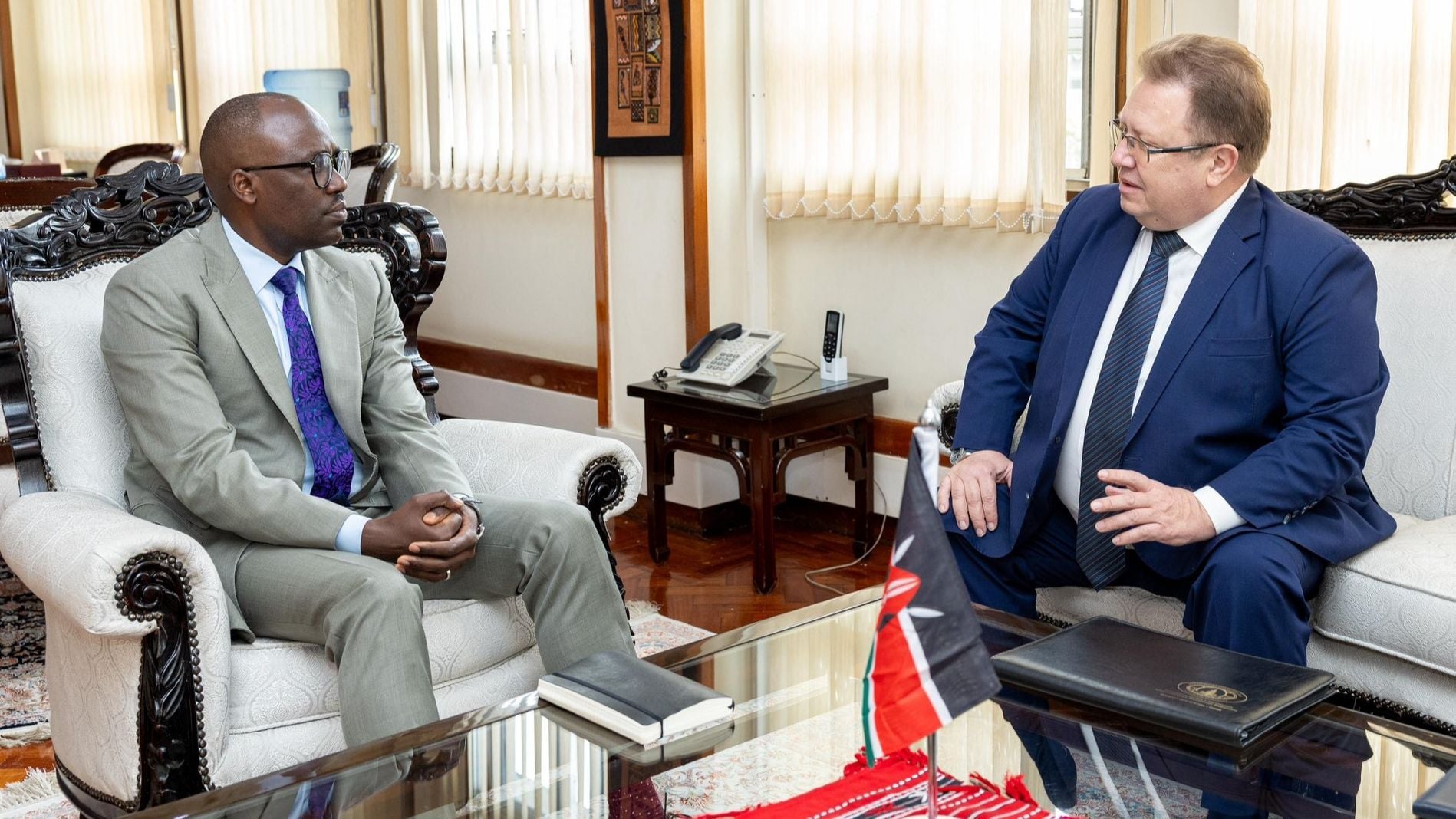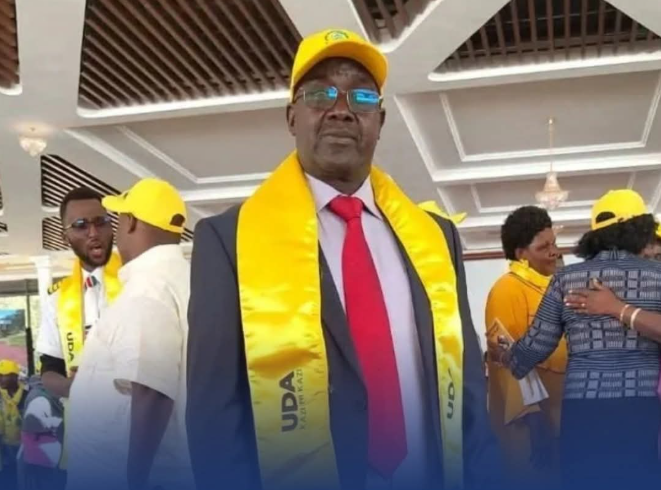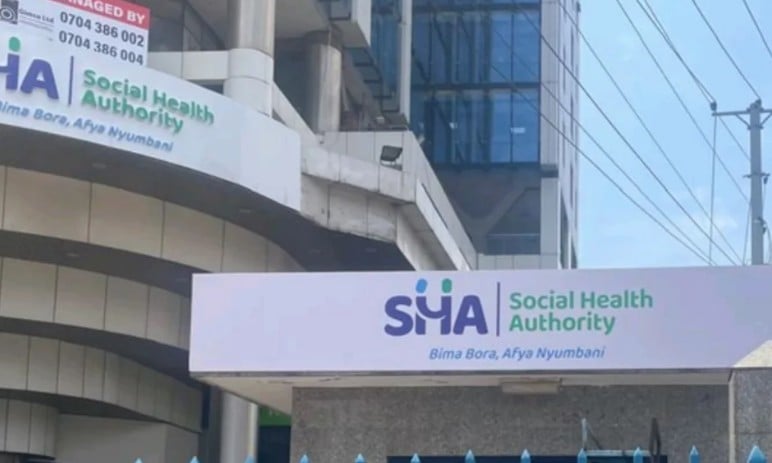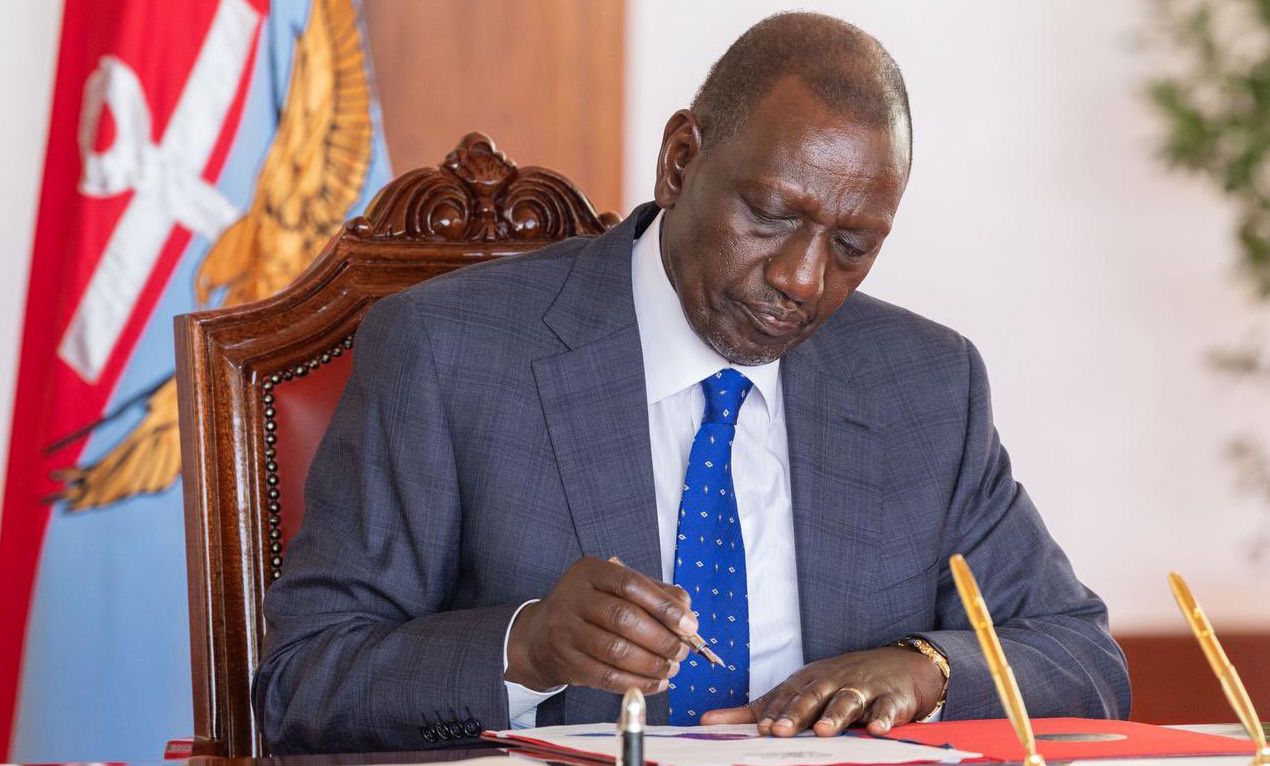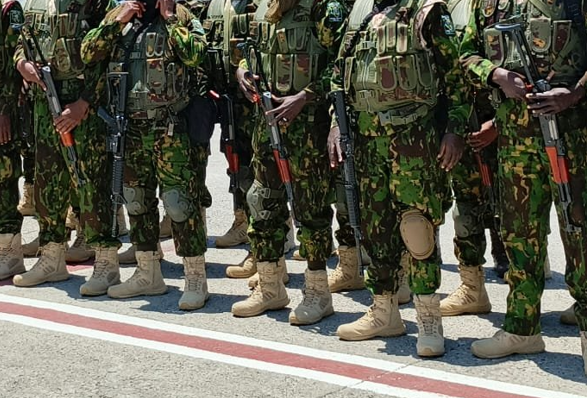Acting Interior Cabinet Secretary Musalia Mudavadi has published the Kenya Citizenship and Immigration (Amendment) Regulations, 2024 with revised work permit classes and charges for foreigners.
In a press statement dated Tuesday, December 17, Mudavadi explained that the revision of the work permit classes was done to address concerns raised by various groups and at the same time make Kenya an attractive destination for foreigners.
Below are the work permits and the charges.
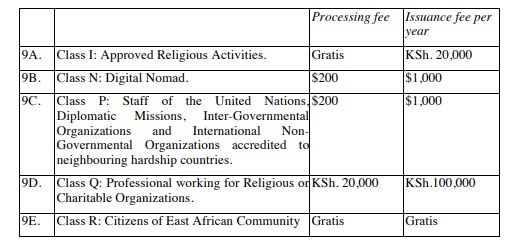
Class P
Read More
The government has introduced Class P permits that will be given to employees of international institutions like the United Nations and diplomatic missions.
The new permits will be processed at $200 in addition to an annual fee of $1,000.
"Those eligible for the new Permit (P) will pay a lower fee but to be charged in United States of America dollars. These workers are usually paid in foreign currency and it is an opportunity for the government to earn foreign currency from them," read the statement in part.
Class N
The new class has been introduced for foreigners residing in Kenya and working for overseas companies.
"This permit caters to digital nomads in the following cadres; ICT Professionals, Project Managers, Editors, Graphic designers, online teachers/tutors, Virtual Assistants, Programmers, App. Developers, Customer Service Representatives, Bloggers, Video
Editors, software developers, writers, marketers, consultants, and freelance workers," read the statement in part.
"This class of permit is issued to a person whose annual income is USD 24,000 down from USD 55,000, and is proposed fee is USD1,000 per year."
They will also pay a processing fee of $200.
Class Q
For professionals working for religious or non-profit organisations, they will get a permit at Ksh100,000 per year. A processing fee of Ksh20,000 will also be charged.
Citizens of the East African Community
"This proposed class 'R' work permit intends to consolidate all East African applicants together irrespective of their description - investors, professionals, skilled employees, unskilled employees, traders, farmers, manufacturers," Mudavadi added.
"The key qualification will be proof of citizenship of an East African Community State and they will not be expected to pay anything."
